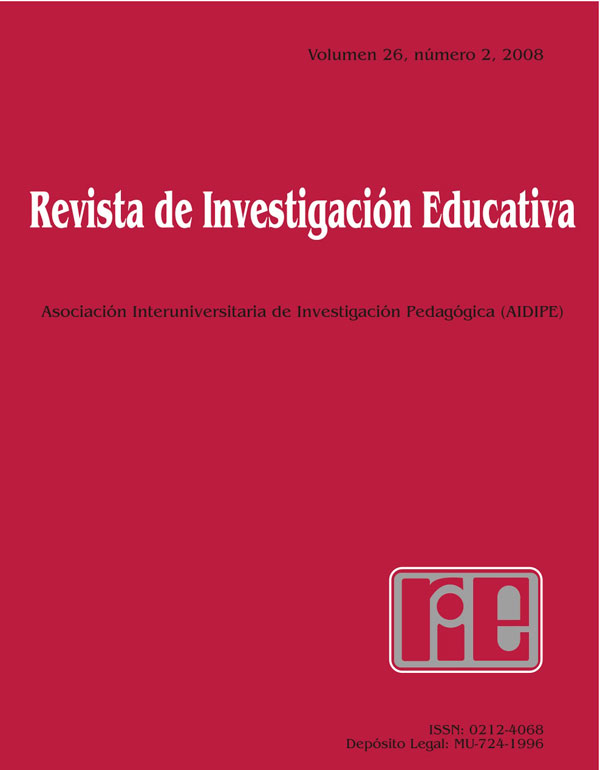La metodología fenomenológico-hermenéutica de M. Van Manen en el campo de la investigación educativa. Posibilidades y primeras experiencias
Abstract
In this work we explain the epistemological and pedagogical basic notions of the phenomenological hermeneutical Van Manen’s approach to educational research. This approach is focused on the description and interpretation of essential structures of the lived experience. Moreover, the approach is focused on the recognition of the meaning and pedagogical importance of this experience. This is a coherent and strict way to study the pathic, relational, and ethical dimensions of the daily pedagogical experience that are difficult to reach through usual research approaches. We explain the potentiality and singular contribution of this method to educational research. Also, we show some methodological notions and basic activities for the investigational practice. Furthermore, we present the application of this methodology in an investigation about the experience of pedagogical recognition. At the end of this contribution we offer a pedagogic phenomenological text as result of this research.Downloads
-
Abstract31409
-
PDF (Español (España))17765
The articles and scientific documents published in RIE abide the following conditions:
1. The Servicio de Publicaciones de la Universidad de Murcia (the publisher) has the property rights (copyright) of all the documents published and allows the reuse under the user’s license indicated in point 2.
2. All documents are published in the digital edition of RIE under a Creative Commons Reconocimiento-NoComercial-SinObraDerivada 4.0 Internacional. (legal document) license. These documents can be copied, used, distributed, communicated and explained publicly if: i) the author(s) and its original source of publishing (magazine, publisher and URL of the document) are cited; ii) it is not used for commercial purpose; iii) the existence and the specifications about this license are mentioned.
3. Auto-archive’s conditions. The authors are allowed and encouraged to digitally distribute the pre-print versions (a version before evaluation) and/or post-print (a version that it is already evaluated and accepted to its publication). This promotes circulation and distribution earlier and can increase the citations and significance within the academic community.









